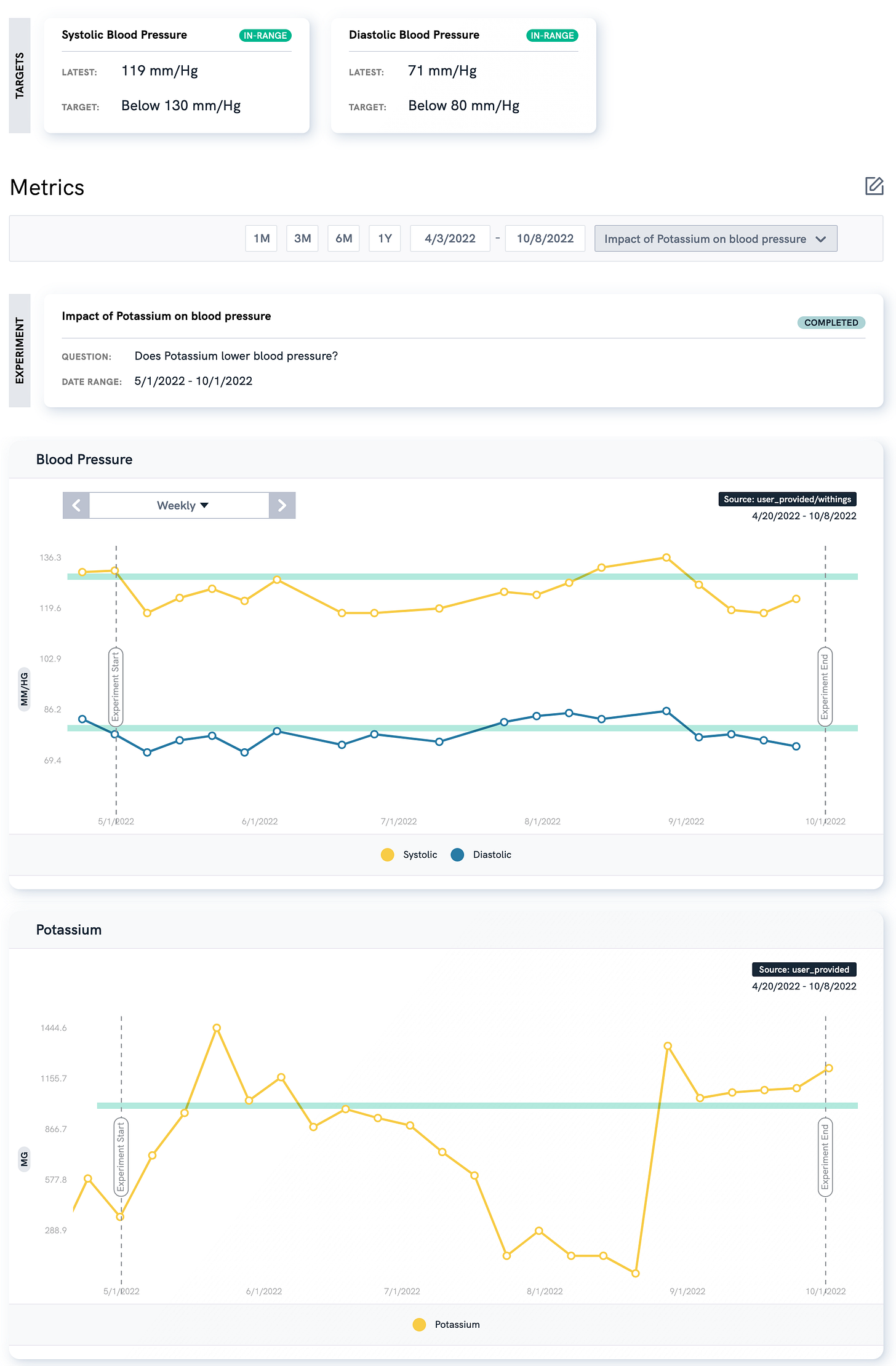Interpreting Data
Tim Caron Guest Series Part 3/4
Tim Caron Guest Series:
Interpreting Data
Here is an obvious statement - most of us are not statisticians or physiologists. We can all agree upon one simple fact, that taking huge data sets about our performance and biometric data is not the easiest thing to break down. Since we are not experts in stats or physiology, we have to rely on the platform that a tracking tool gives us, which may not be the best solution.
On one hand there are tracking tools that are extremely simple - think a pedometer just giving you steps. On the other hand, we can get extremely complicated with some HRV tracking devices. We can easily look at the simple singular metric tracking tool as less than compared to the tool that tracks seemingly infinite markers simultaneously. The question we have to ask ourselves, if we are not experts in stats or physiology: is adding more variables in performance or biomarkers the best strategy to optimize our training?
If you have ever read anything about Key Performance Indicators, you know that the performance can be generally funneled into simple diagnostics. A concept of Occam’s Razor is that the most logical answer is traditionally correct. We can make a simple comparison to the health of a business - if we are making more money than we spend (profitable), the business is considered healthy. Crude, simple, but accurate. Same is true with physiology and performance.
Goals are pretty standard - gain muscle, lose weight, perform at something specific. Bottom line, are we making progress towards that or not? We can lean in on metrics that are irrelevant to the goal and call that progress. If we are not making progress towards the main thing, we have lost touch with our original goal. We have to have discipline with measuring what is relevant to the goal in the first place. Are we profitable or not is really the only question.
Multi-faceted tracking tools could actually be a distraction from the main thing. If someone who wants to improve body composition focuses on body mass but avoids metrics around muscle mass and fat mass, you could be wasting time. We are all human, we covet that validation from what we are doing as working. Just because we have data that is saying something is happening, does not make that data valuable. Same could be said for business: we are making money in this one area of the business, but we are losing money overall. Making unrelated progress does not help towards a specific goal.
Organizing data forces to be disciplined is critical to effective tracking. Cause and effect relationships of what we are doing relative to a goal is all that matters. We need a platform that allows us to create experiments that directly show us if we are making progress or not. This is where Realize Me comes in. We can take all this data we are collecting and sift through the metrics that matter. We can be specific with what we are doing and customize the platform to support that.
Check out the next post, where we will dive into how Realize Me allows us to customize our dashboard to create experiments to accomplish specific goals.




